T4K3.news
Rail fares set to climb next year
A 5.5% rise tied to the July RPI could push commuter costs higher, drawing fresh criticism.
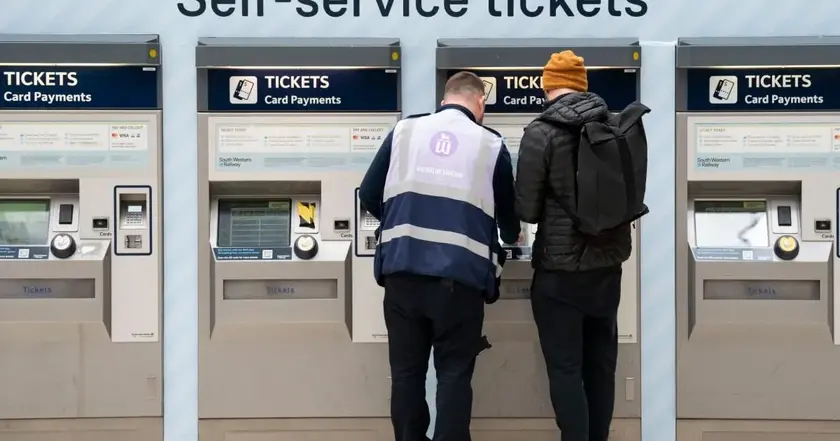
Campaigners slam a potential 5.5% rail fare rise next year as outrageous and a rip-off for passengers.
Rail fares set to climb outrageous amount in rip-off blow for commuters
Rail fares could rise by about 5.5% next year, following the traditional link to the July Retail Prices Index. Last year, fares rose 4.6%, which was above the July 2024 inflation figure. Analysts at Investec estimate the July 2025 RPI could sit around 4.5%, meaning the 2026 increase might reach 5.5% if the same method is used. Campaign groups say such a rise would be excessive and hit households hard.
The government has not yet announced how it will set next year’s regulated fare rises. Campaigners argue that much of the hike would be too high and would make rail travel less affordable for many people. The government’s broader plan to nationalise rail operators under Great British Railways is moving forward, with two regional operators already nationalised under the scheme. About 45% of train fares in the UK are regulated, including most commuter season tickets. The Department for Transport says it will update rail fare prices later this year and that the goal is to balance affordability for passengers and taxpayers while restoring reliability.
Key Takeaways
"It would be outrageous if fares rose by 5.5%"
Bruce Williamson of Railfuture on a possible rise
"What would be the justification for jacking up fares above inflation? There isn’t any. It’s ripping off the customer"
Williamson on affordability and fairness
"High prices are putting people off rail travel"
Campaign group comment
"Prices balance affordability for both passengers and taxpayers"
DfT spokesperson on the aim of fare policy
The dispute over rail fares sits at the intersection of affordability, so-called value for money, and the politics of nationalisation. When fare prices rise faster than wages, passengers feel the pinch long before any future timetable improvement happens. Policymakers must weigh revenue needs against the risk of driving people back to car use, especially as congestion and pollution remain political headaches. The push toward a more integrated system under Great British Railways could eventually improve efficiency, but only if savings reach riders rather than the Treasury. In that sense, price policy will be a litmus test for the government’s transport agenda and its ability to deliver on promises of a more affordable, reliable rail network.
Looking ahead, the debate may shift from whether fares rise to how they are justified publicly. If the price signal is used to finance better service without clear commuter benefits, public trust could erode and opposition parties might seize on the issue as a critique of nationalisation and budget priorities. The outcome will partly depend on whether any savings from consolidation are passed back to passengers in the form of cheaper or more frequent services.
Highlights
- Fares must not outpace living costs
- Every pound counts for commuters
- Efficiency should reach riders not the Treasury
- Prices must balance passengers and taxpayers
Budget and political sensitivity around rail fare decisions
The potential 5.5% fare rise intersects with public budgets, political accountability, and public reaction. Backlash could influence elections and policy support for nationalisation.
Policy choices now will determine how affordable and reliable Britain’s rail network remains.
Enjoyed this? Let your friends know!
Related News
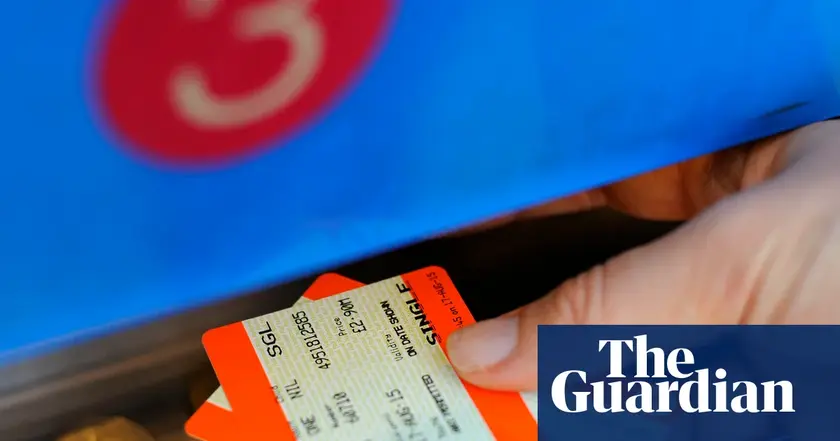
Rail fares could rise up to 5.6% next year
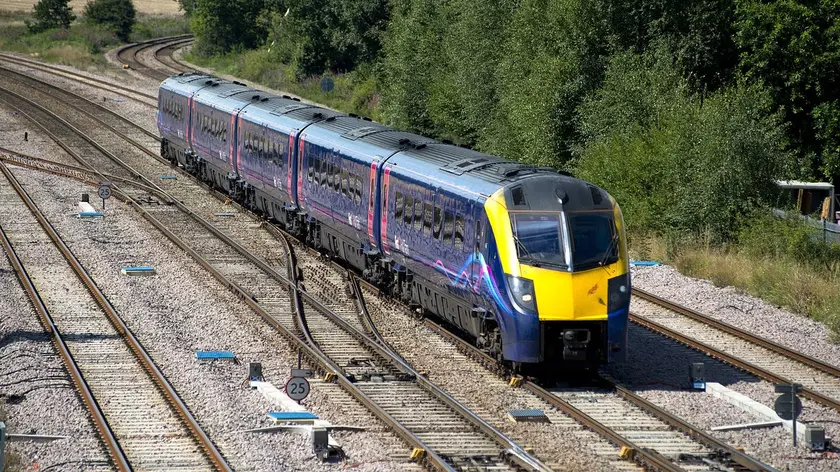
Rail fares could rise next year
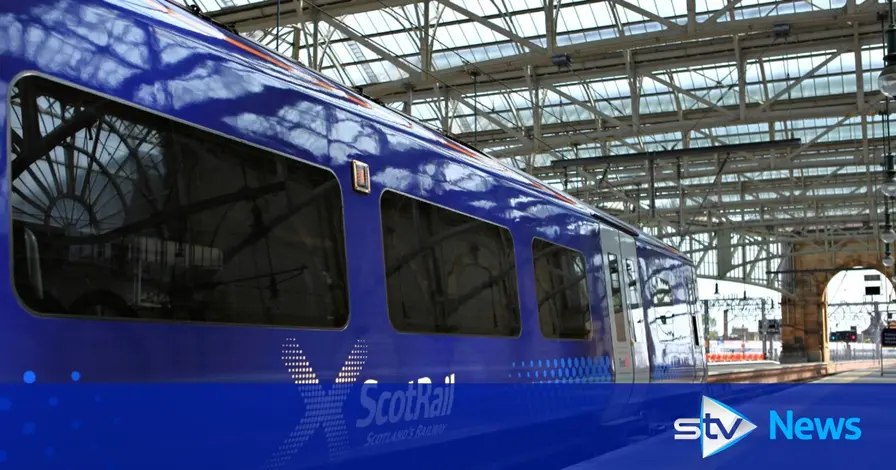
ScotRail cuts peak fares in Scotland

Belgian cyclist Wellens wins Tour de France stage 15
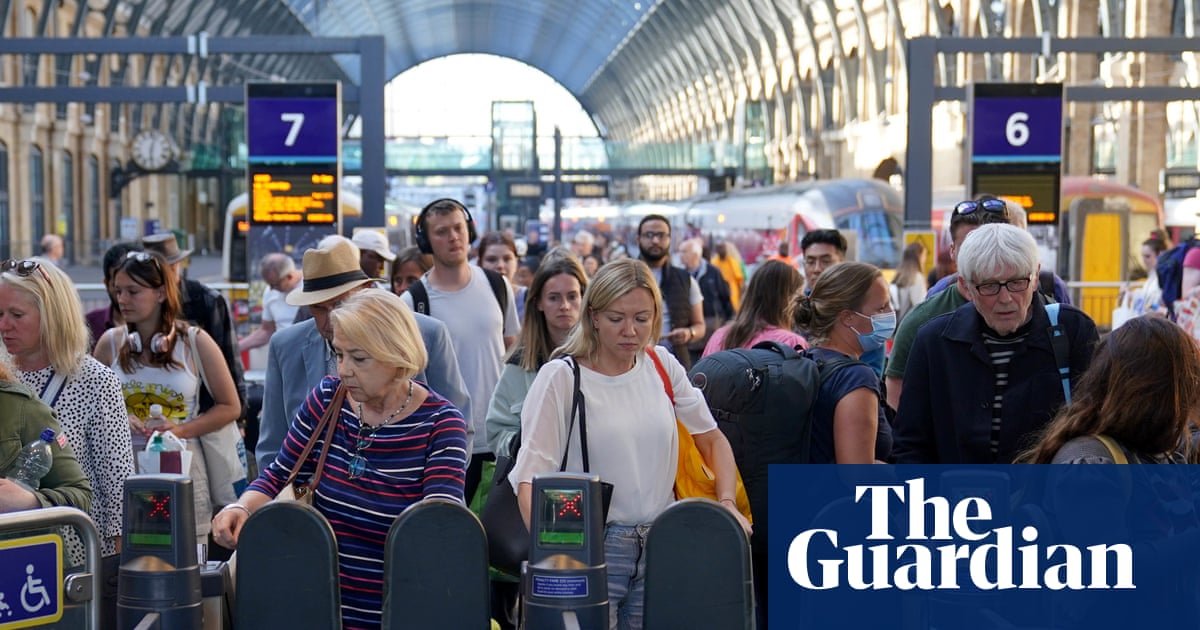
Rail fares in Britain increase by 5.1%

Rollins set for World Heavyweight Championship defense at Clash in Paris

MLB trade deadline wraps up with mixed results for teams

OnlyFans Stars Engage in Extreme Sex Challenges
